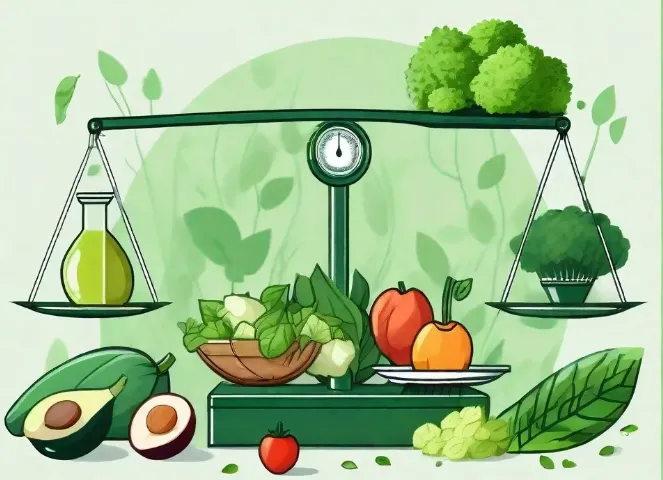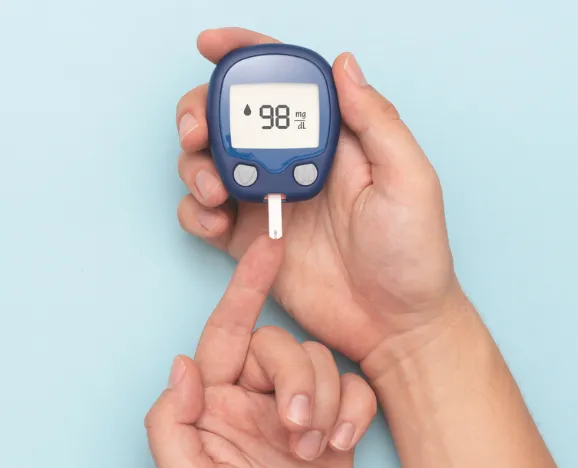Mastering Your Blood Pressure: A Comprehensive Guide to Managing Hypertension

Hypertension, or high blood pressure, is a chronic condition that affects millions of people worldwide. It increases the risk of heart disease, stroke, and other health issues, making it essential to maintain healthy blood pressure levels. This article offers practical tips for managing hypertension effectively through lifestyle changes, dietary adjustments, and other preventive measures.
Understanding Hypertension
Blood pressure is measured in two numbers: systolic (pressure when the heart beats) and diastolic (pressure when the heart rests). A normal reading is typically below 120/80 mmHg. Hypertension occurs when blood pressure consistently exceeds 130/80 mmHg. Several factors contribute to this condition, including genetics, obesity, stress, smoking, and a high-sodium diet.
Effective Strategies for Managing Hypertension
1. Adopt a Healthy Diet
Embrace the DASH (Dietary Approaches to Stop Hypertension) diet, which emphasizes fruits, vegetables, whole grains, lean proteins, and low-fat dairy. Limit saturated fats, salt, and added sugars.
2. Stay Physically Active
Regular exercise such as walking, swimming, or cycling helps lower blood pressure and improves cardiovascular health. Aim for at least 150 minutes of moderate exercise per week.
3. Maintain a Healthy Weight
Losing even a small amount of weight can significantly lower blood pressure. Focus on sustainable weight-loss strategies rather than quick fixes.
4. Manage Stress
Chronic stress can contribute to hypertension. Practice relaxation techniques like yoga, meditation, or deep breathing exercises.
5. Limit Alcohol and Quit Smoking
Excessive alcohol intake raises blood pressure, while smoking damages blood vessels. Reducing or quitting these habits improves overall health.
6. Monitor Blood Pressure Regularly
Use a home blood pressure monitor to track your levels and share the readings with your doctor.
Recommended Resources for Hypertension Management
1. American Heart Association (AHA) - https://www.heart.org
Comprehensive information on heart health and blood pressure management.
2. National Heart, Lung, and Blood Institute (NHLBI) - https://www.nhlbi.nih.gov
Resources on the DASH diet and heart disease prevention.
3. Centers for Disease Control and Prevention (CDC) - https://www.cdc.gov
Guidance on hypertension prevention and control.
4. Mayo Clinic - https://www.mayoclinic.org
Expert advice on symptoms, causes, and treatment of hypertension.
5. World Health Organization (WHO) - https://www.who.int
Global health statistics and hypertension prevention tips.
6. Blood Pressure UK - https://www.bloodpressureuk.org
UK-based nonprofit offering practical advice on controlling blood pressure.
7. WebMD - https://www.webmd.com
Health articles and tools to understand hypertension better.
8. Harvard Health Publishing - https://www.health.harvard.edu
Trusted articles on lifestyle changes for managing blood pressure.
9. Cleveland Clinic - https://my.clevelandclinic.org
Detailed guidance on high blood pressure and its treatment options.
10. National Institute on Aging (NIA) - https://www.nia.nih.gov
Resources for older adults dealing with hypertension.
HTML Comparison Table
<table style="border-collapse: collapse; width: 100%; text-align: left;">
<thead style="background-color: #f3f4f6; border: 1px solid #ddd;">
<tr>
<th style="padding: 8px;">Management Method</th>
<th style="padding: 8px;">Description</th>
<th style="padding: 8px;">Benefits</th>
</tr>
</thead>
<tbody>
<tr style="border: 1px solid #ddd;">
<td style="padding: 8px;">DASH Diet</td>
<td style="padding: 8px;">A balanced diet rich in fruits, vegetables, and low-fat foods.</td>
<td style="padding: 8px;">Reduces sodium intake, lowers blood pressure.</td>
</tr>
<tr style="border: 1px solid #ddd;">
<td style="padding: 8px;">Exercise</td>
<td style="padding: 8px;">Engaging in regular physical activity.</td>
<td style="padding: 8px;">Improves heart health and reduces stress.</td>
</tr>
<tr style="border: 1px solid #ddd;">
<td style="padding: 8px;">Stress Management</td>
<td style="padding: 8px;">Techniques like meditation and deep breathing.</td>
<td style="padding: 8px;">Helps control blood pressure spikes caused by stress.</td>
</tr>
<tr style="border: 1px solid #ddd;">
<td style="padding: 8px;">Weight Management</td>
<td style="padding: 8px;">Maintaining a healthy weight through diet and exercise.</td>
<td style="padding: 8px;">Decreases strain on the heart.</td>
</tr>
<tr style="border: 1px solid #ddd;">
<td style="padding: 8px;">Monitoring</td>
<td style="padding: 8px;">Regularly checking blood pressure at home.</td>
<td style="padding: 8px;">Tracks progress and alerts to dangerous levels.</td>
</tr>
</tbody>
</table>






